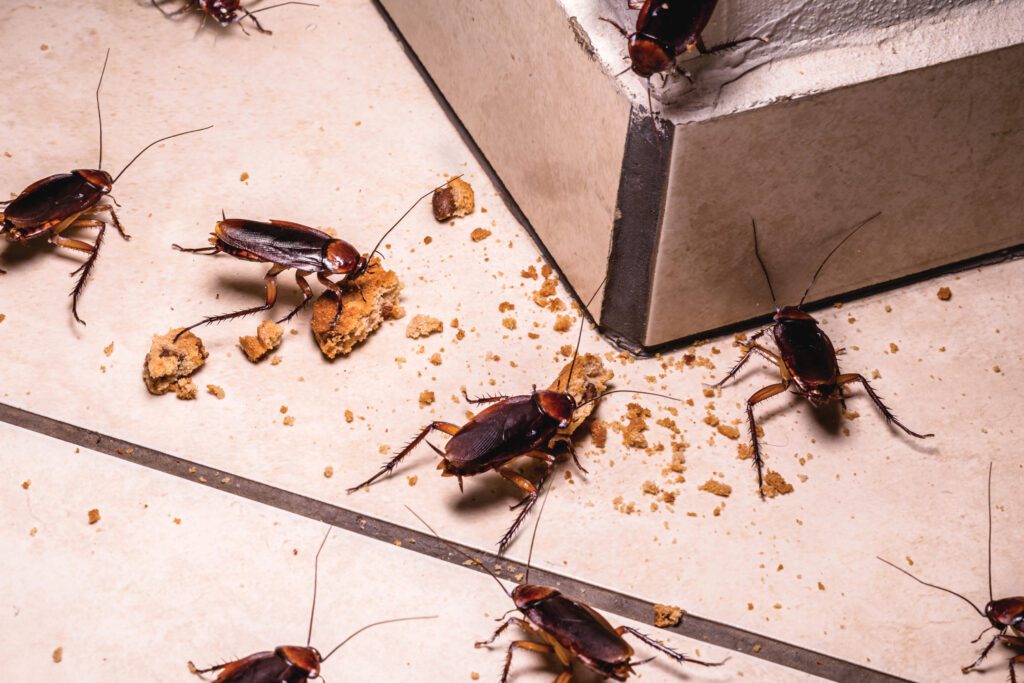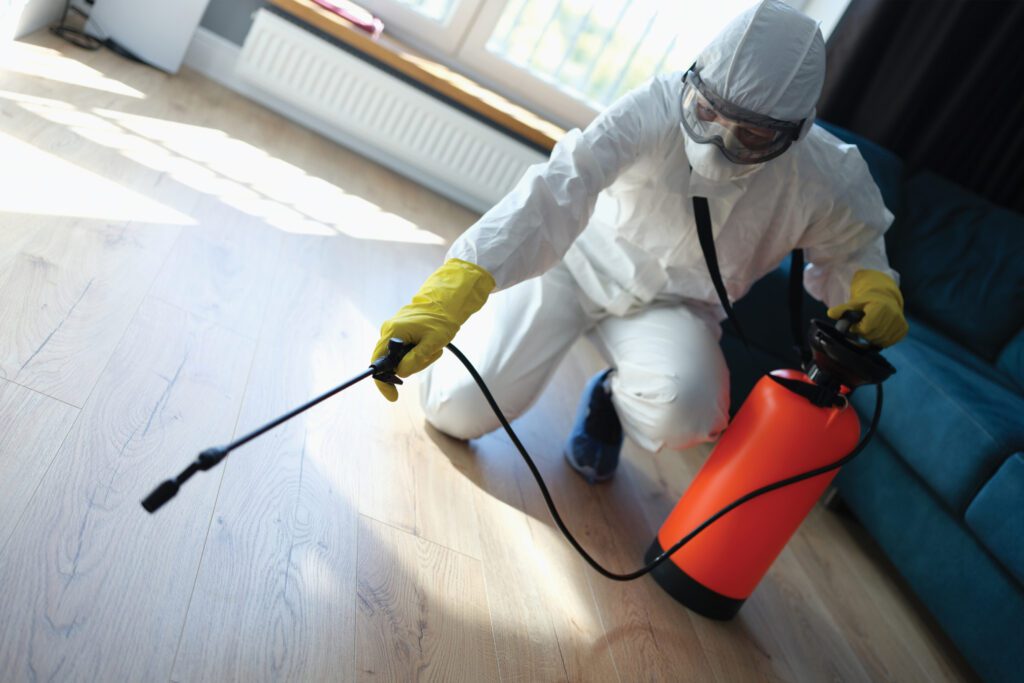How to Best the Pests
The spring season is known for longer, warmer days, blooming flowers … and the pesky pests that invade your home. Yet according to Erik Gardner, a local licensed pest control operator, household pests aren’t just a springtime occurrence. These critters, including ants, termites, rodents, spiders, and cockroaches, are active year-round, carrying with them an assortment of potential problems for your health and your home.
Whether you rent or own property, it’s important to maintain a working knowledge of pest control and prevention. Through some research and a proactive mindset, you can save yourself time, money, and hassle in the long-run.
The Dangers of Pests
More than simply a nuisance, pests can invade a home that hasn’t seen treatment. Certain pests, such as mice and termites, multiply at an alarming rate – quickly exacerbating your pest problem. And playing host to one type of pest can lead to the introduction of new pests; rodents, much like other furry animals, can track fleas, ticks, and mites into your home.
Notorious for spreading diseases (like the Bubonic plague of the Middle Ages), pests transfer bacteria and other disease organisms to your food, plates, eating utensils, and household surfaces.


Rats are known to transmit salmonellosis and rat bite fever, while cockroaches generally carry salmonellosis, staphylococci, and E. coli. Cockroach feces, saliva, and shed body parts can additionally trigger allergies and asthma.
Pests can also do serious damage to your home’s structure. “Termites cause over 5 billion dollars in damage to American homes each year,” Gardner says. “They feed on floor joists, main beams, and other support structures, and repairs can cost thousands of dollars.” Rodents commonly gnaw through insulation, wood, and even electric wires, which, in the most severe cases, can result in house fires and death.
Pest Control Services vs. DIY



As soon as the pests come crawling, you have two options: hiring a service, or a do-it-yourself pest project. When deciding between the two, there are several factors to consider including expense, convenience, and effectiveness of treatment. For the DIY-er, there are natural solutions, from boric acid powder to homemade traps, for ridding your home of pests. Alternatively, you can purchase sprays, traps, and baits at home improvement or drug stores. Before starting a DIY project, Gardner shares the following tip for effectiveness and safety: “Use the correct material, in the correct amount, and in the correct location – otherwise you run the risk of scattering the insects instead of eliminating them! Also, make sure to store the material properly after use.”
If your home has never been formally inspected, or you’re facing a large infestation or continuing problem, it’s wise to call in the professionals. “Many homeowners believe that professional pest control is too expensive,” Gardner explains. “They don’t understand that a lack of pest control is even more expensive.” A pest control service will perform a thorough inspection of your home and create a customized plan. You can work with this service on an as-needed basis or contract them to treat your home multiple times a year. “A high-quality company will solve your problem in a timely fashion and will stand behind their work with a money-back guarantee,” Gardner says. No matter which option you choose, if there’s any indication of a pest infestation in your home, take action immediately.
Pest Prevention
As the saying goes, an ounce of prevention is worth a pound of cure – and that’s certainly true when it comes to household pests. Prevention eliminates the need for future treatment, saving you money (and a headache) down the road. Fortunately, there are several simple measures you can take toward pest prevention. Gardner recommends taking your garbage out daily, keeping gutters cleaned and working properly, and inspecting your crawl space annually for plumbing leaks or anything suspicious. “Caulk around doors and windows to seal all exterior openings, and make sure weatherstripping and thresholds are sealed tightly,” he adds. Finally, store all of your food items in tightly sealed containers, and quickly clean up any crumbs that are left over from mealtime.



Erik D. Gardner
TN/GA Licensed Pest Control Operator and CEO, Volunteer Rid A Pest, LLC

